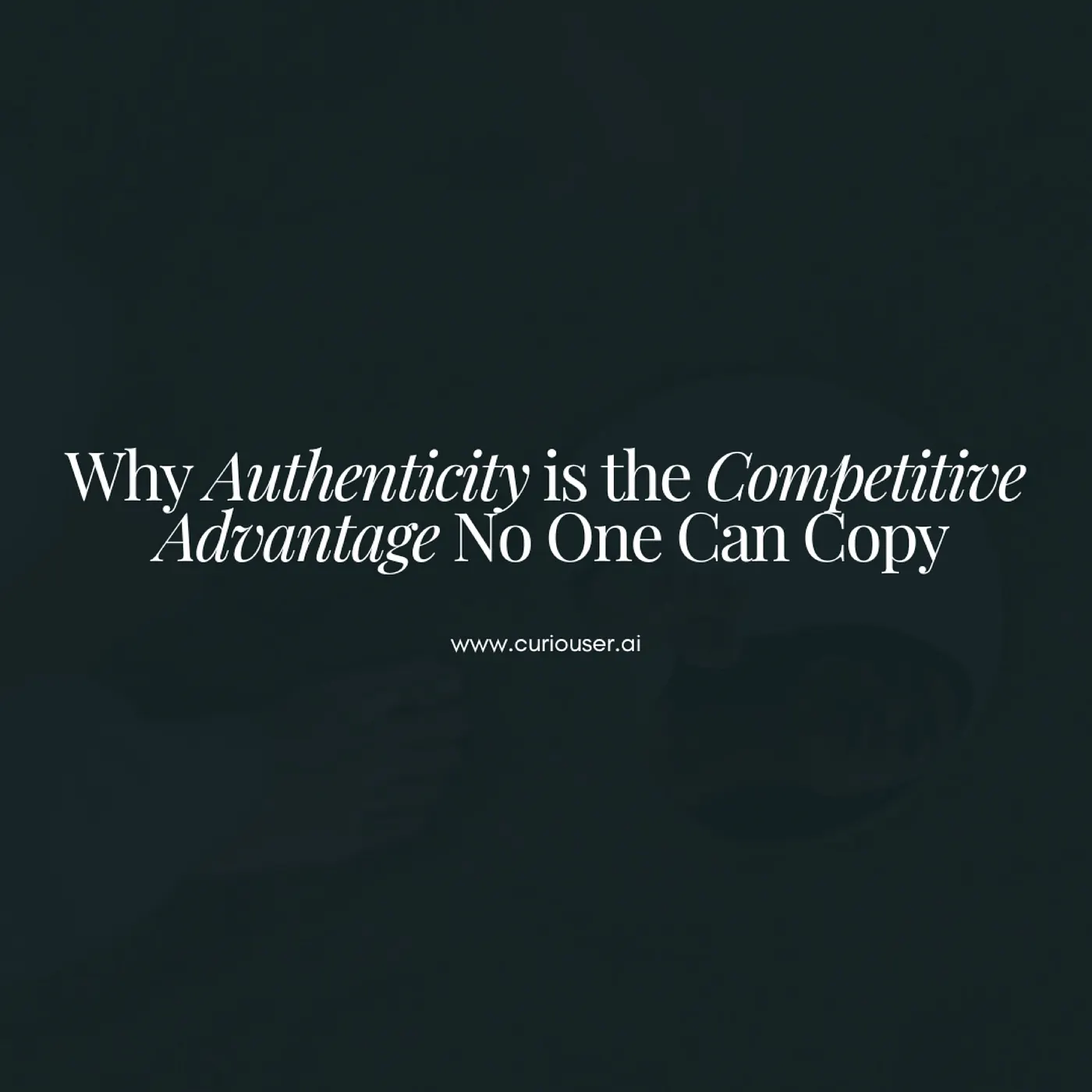

We live in an age of performance. Social platforms train us to package ourselves into digestible narratives. Professional environments reward conformity over originality. And often, our identities are shaped less by who we are and more by who we think we need to be in order to be liked, promoted, or followed.
It's not just cultural, it's psychological.
The Spotlight Effect and the Liking Gap
Research has shown we vastly overestimate how much people are thinking about us. Psychologists call it the Spotlight Effect – the illusion that the metaphorical spotlight is always shining on us. In truth, most people are too caught up in their own self-perception to spend much time scrutinizing ours. We also suffer from the Liking Gap, a cognitive bias where we consistently underestimate how much others like us after conversations or meetings.
The result? We walk away from interactions second-guessing ourselves, assuming we said too much or not enough, while the other person likely thought, "That was a pleasant conversation."
The Performance Trap
This misalignment becomes a trap. We perform for an imaginary audience that isn't paying attention, distort our voices to match the expected tone, and ultimately disconnect from the one asset no algorithm or competitor can replicate: our authentic self.
Here's the irony: the more you perform, the less likely you are to be remembered. Sameness is forgettable. But when you speak from a place of originality and depth, you become magnetic to the right people – and invisible to the wrong ones. That's not a loss; that's alignment.
The Real Rebellion
The real rebellion in an age of simulation is to be real.
For founders, creatives, and leaders, this has massive implications. Your brand is a mirror of your identity. If you're hiding, your brand will too. If you're trying to please everyone, you'll inspire no one. But if you dare to be specific, honest, even polarizing – you'll attract a community that sees you clearly and chooses you deliberately.
Stop Performing, Start Becoming
So stop performing. Start becoming. Because the right people can't find you until you do.
In a world where AI can replicate almost anything, authenticity remains the one thing it cannot manufacture. Your unique perspective, your lived experiences, your honest voice – these are irreplaceable assets that no competitor can copy and no algorithm can generate. The leaders, founders, and creators who will thrive in the years ahead aren't those who perfect the performance, but those who have the courage to be genuinely themselves. That's not just good advice; it's your sustainable competitive advantage.
The trick with technology is to avoid spreading darkness at the speed of light.
Stephen B. Klein

